Soil Health as a Foundation: How Peer Arboricultural Rebuilds Depleted Landscapes
Healthy soil is the cornerstone of thriving trees and resilient landscapes. At Peer Arboricultural, we recognize that long-term tree vitality begins beneath the surface. Our advanced soil restoration techniques rebuild depleted soils, improve nutrient availability, and foster robust root systems essential for legacy trees and premium landscapes.
Why Soil Health Matters
Soil provides water, nutrients, and physical support for trees. Compacted, eroded, or nutrient-deficient soils can lead to chronic stress, reduced growth, and vulnerability to pests and disease. Rebuilding soil health:
Enhances root development and stability
Increases water retention and drainage
Supports beneficial microbial communities
Improves overall landscape resilience
Techniques for Soil Restoration
1. Soil Testing and Analysis
We conduct comprehensive soil tests to identify nutrient imbalances, pH issues, and physical limitations.
2. Organic Amendments
Application of compost teas, biochar, and humic substances replenishes organic matter and stimulates microbial activity.
3. Soil Decompaction
Mechanical methods such as air spading and vertical mulching alleviate compaction without damaging roots.
4. Targeted Fertilization
Nutrient applications are tailored based on test results to optimize tree nutrition without overuse.
5. Moisture Management
Installation of subsurface irrigation systems ensures consistent moisture delivery to root zones, reducing drought stress.
The Peer Arboricultural Difference
Our holistic soil health programs integrate scientific testing with hands-on care, ensuring that soil improvements translate directly into tree health gains. We monitor progress regularly, adjusting treatments to meet evolving landscape needs.
